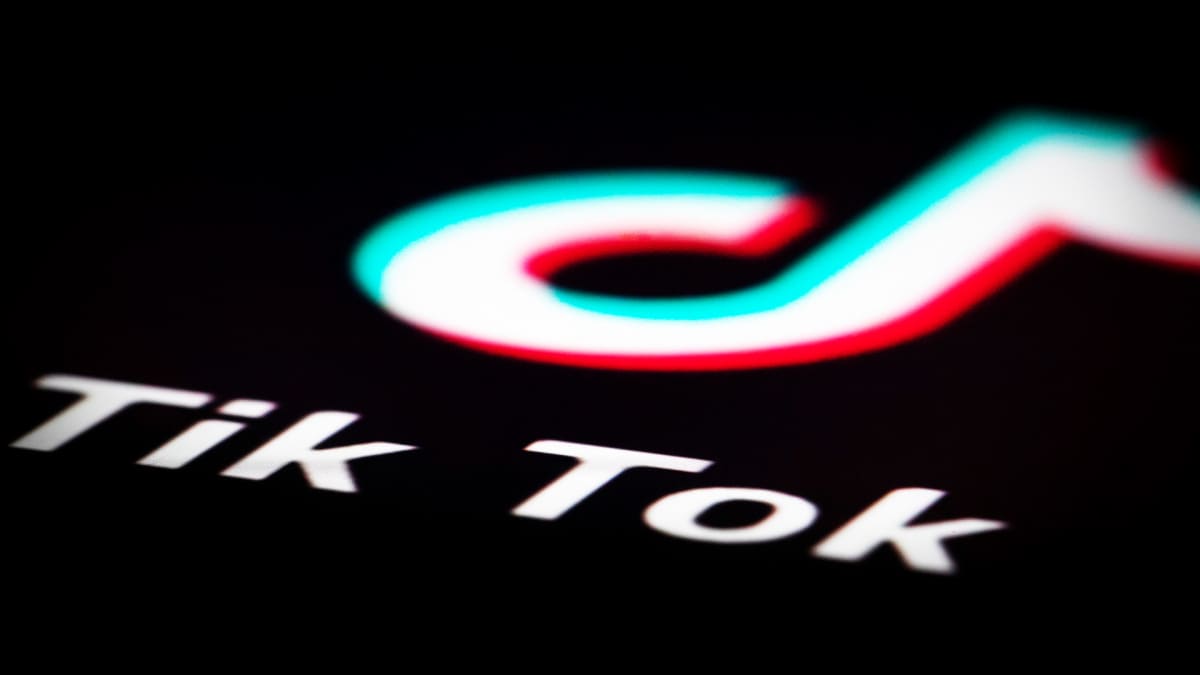
Now here's a real TikTok challenge.
The controversial video-sharing app, owned by the Beijing-based ByteDance, is famous -- or infamous -- for its challenges calling upon people to take some kind of action and then record it, of course, on TikTok.
DON'T MOVE: Chinese-Owned TikTok Is Trying To Make You Feel Safer
The provocations covered such actions as lip-syncing favorite songs, balancing on towers of empty milk crates and a rather risky routine called "the Blackout Challenge" where people film themselves holding their breath for as long as possible in a completely dark room.
The app, which has has been downloaded 3.5 billion times worldwide, is particularly popular among young people, much to the dismay of their parents,
On March 1, the company announced a new policy where every account belonging to a user below age 18 will automatically be set to a 60-minute daily screen time limit.
“While there's no collectively-endorsed position on the 'right' amount of screen time or even the impact of screen time more broadly,” Cormac Keenan, TikTok’s head of trust and safety, said in a statement, “we consulted the current academic research and experts from the Digital Wellness Lab at Boston Children's Hospital in choosing this limit.”
If the 60-minute limit is reached, Keenan said teenagers will be prompted to enter a passcode in order to continue watching, "requiring them to make an active decision to extend that time."
Prompting Teens to Set Daily Screen Time Limit
"Research also shows that being more aware of how we spend our time can help us be more intentional about the decisions we make," he added. "So we're also prompting teens to set a daily screen time limit if they opt out of the 60-minute default and spend more than 100 minutes on TikTok in a day."
Teen accounts will also get a weekly inbox notification with a recap of their screen time.
The U.S. has the largest TikTok audience by far, according to the marketing data platform Statista, with about 113 million users engaging with the social video app as of January.
Indonesia followed, with around 110 million TikTok users and Brazil came in third, with almost 82 million users.
Much of the app’s growth stems from its surge in users during the covid-19 pandemic shutdown early in 2020. TikTok saw 180% growth among those 15-25 years old during this period, Statista said.
Mental health experts have warned about TikTok's possible impact on young people.
A report published in December by the non-profit Center for Countering Digital Hate (CCDH) found that TikTok may surface potentially harmful content related to suicide and eating disorders to teenagers within minutes of creating an account.
Federal Government Dumping TikTok
The report said that within 2.6 minutes signing up on TikTok, the platform recommended suicide content.
Within 8 minutes, TikTok served content related to eating disorders and every 39 seconds, the platform recommended videos about body image and mental health to teens.
“The results are every parent’s nightmare: young people’s feeds are bombarded with harmful, harrowing content that can have a significant cumulative impact on their understanding of the world around them, and their physical and mental health,” CEO Imran Ahmed said in the report’s introduction.
Last year TikTok announced plans for a rating system aimed at protecting young users from inappropriate content.
TikTok's Chinese ownership has raised security concerns, with the Trump administration threatening in 2020 to ban the app in the U,S,
The Biden Administration recently directed federal agencies that they have 30 days to remove TikTok from all government-issued devices.
The move will bring the executive branch and its contractors into compliance with a bill passed at the end of last year requiring federal agencies to get rid of TikTok.
TikTok CEO Shou Zi Chew is scheduled to appear before the House Energy and Commerce Committee on March 23 to testify on the company's data security practices.







